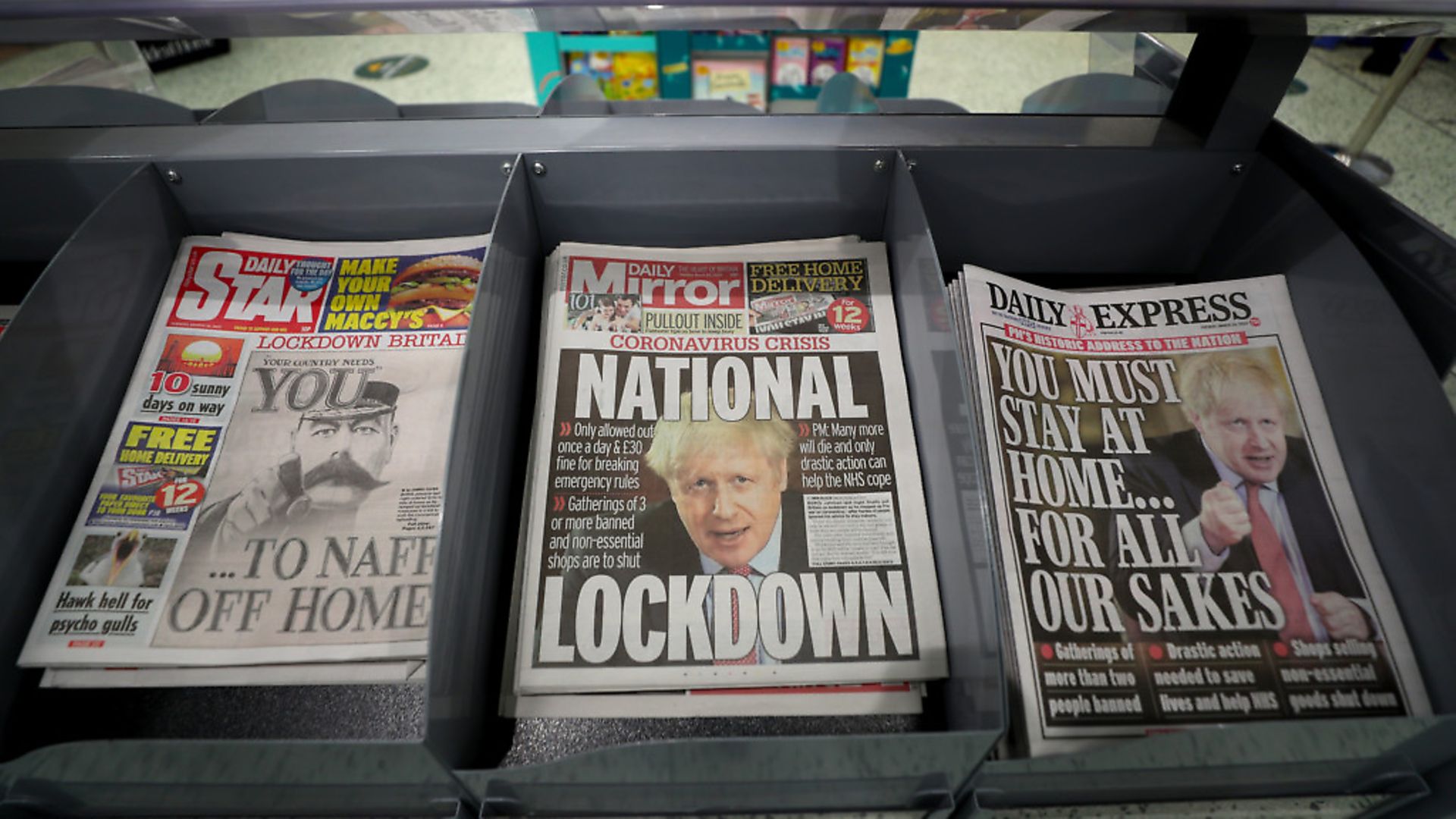
MITCH BENN says it will be up to those of us left standing to ensure the lessons are learned, and it will involve fighting the very powerful to make sure it happens.
First of all, many thanks to those of you who sent messages of support and condolence after last week’s column; Harry’s family send their thanks.
Now, for the record – and I shouldn’t imagine this will come as a surprise – I am not one of those relentlessly upbeat people who insist you should always put a positive spin on whatever situation you find yourself in.
Nor am I one of those spiritual types who believe that ‘everything happens for a reason’.
It doesn’t. Everything happens as a result of a cause, but ’cause’ and ‘reason’ are not interchangeable concepts.
Not every circumstance is a ‘teachable moment’. Some things don’t kill but don’t make you the least bit stronger either. Sometimes there is no positive to ack-sent-you-ate.
Some things just plain suck.
There will be lessons to be learned from this crisis, and it will be up to those of us left standing to ensure that those lessons are learned, as there will be lots of very powerful people working hard to ensure that they’re not.
But while it’s too early to draw any conclusions, it’s not too early – indeed it’s the ideal moment – to start asking questions, and one question which needs to be asked is this: while we’re all obsessing about when things can return to ‘normal’, what sort of ‘normal’ do we want things to return to?
There was a photograph doing the rounds on Twitter last week which seemed to be a source of awe and wonder to our American friends.
They were excitedly passing it around each other and discussing how it looked like something from a magical fantasy story.
To me it appeared, at first, unremarkable; a picture of the Los Angeles skyline as seen from just outside the city centre. Then I twigged what all the fuss was about: the city was in pin-sharp focus under a crystal clear blue sky, with the mountains beyond plainly visible. And I realised (as the American tweetsters had immediately) that in every other picture I’d ever seen of downtown LA, the city had been shrouded in a thick yellow smog of car exhaust fumes.
I myself live in a very quiet and green place on the outskirts of London, but even here I’ve noticed that, stepping out into my little garden after dark, I can see something I haven’t ever seen in the night sky in the years I’ve lived here.
The stars.
Something which has become apparent during this lockdown is that a far higher proportion of us than we’d perhaps expected are now capable of doing most if not all of the work our various jobs entail from home (and, as many have pointed out, that those of us who can’t work from home aren’t getting paid enough). And yet, right up until a few weeks ago, the vast majority of us were still dutifully schlepping into offices for 9am for, it would appear, no real reason except that It’s How We’ve Always Done It.
Fair enough, until a decade or so ago it was the only way to do it; the advances in information technology which are now keeping businesses functioning hadn’t yet been made. But they have now been made, indeed most of them were made a good few years ago, but only now that we have no choice but to work remotely are we taking advantage of them.
When the siege is lifted, when the church bells ring again… are we going to go back to the way things were?
Just imagine, if you will, a world without the rush hour.
It’s not just environmental damage done by moving that vast weight of people into and out of commercial centres twice a day; it damages us. The stress, the tension of being stuck in traffic as the clock ticks towards 9, the (it turns out) danger of spreading disease by cramming people into overstuffed trains… and now we learn that we didn’t have to be doing this?
Imagine if we weren’t doing it. Imagine if ‘going to work’ every day consisted of rolling out of bed at 8.45 and fixing yourself some coffee.
Imagine how much easier those people who have no choice but to physically go into work would find it if all those who didn’t have to travel were sat at home on their laptops. And, while we’re thinking big, imagine the reduction in oil dependency (and concomitant implications for world peace) if everyone in the industrialised world started only using their cars for things like doing the big shop and going on weekend breaks?
Sometimes something unexpected has to happen to bring about change. Only now that we’ve been forced – hopefully temporarily – to alter the way we live does it become apparent that the way we’ve been living doesn’t actually make a lot of sense.
Stay home, stay safe, and start thinking about what we want ‘the new normal’ to be.










